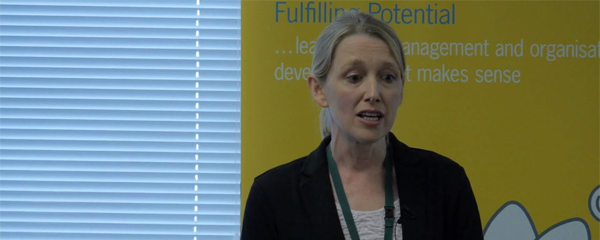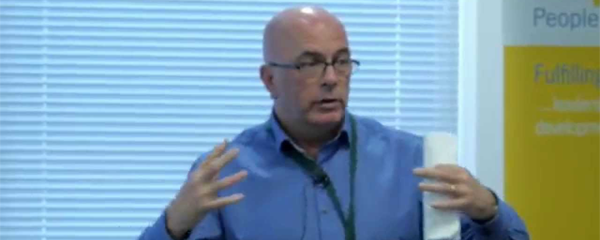How necessary is the meeting?
This is the most fundamental consideration of all.
Research by Steven Rogelberg, Cliff Scott and John Kello in the MIT Sloan Management Review found that executives spend an average of nearly 23 hours a week in meetings — up from less than 10 hours in the 1960s. With that amount of time being spent in meetings, it’s important that our time is being spent wisely.
Meetings, of course, have their place, but if this meeting is taking up the time of numerous staff members, then you must ensure that there is a good justification for the meeting. If it is, could the meeting be shortened? (From 30 minutes to 20, for example.)
How much money does the meeting cost?
Think of how long a meeting takes and the amount of staff present and you’ll be able to calculate how much money a regular meeting costs the company. This isn’t intended to be an intimidating consideration, but rather something else to be wary of when looking at meeting length and the number of staff invited.
Productivity can’t always be simply evaluated and there are occasions when the theoretic cost of a meeting will be nothing compared to the progress made therein. But, it’s worth weighing up meeting contents and duration against the tally of staff on the invite list, and looking at whether that money could be better spent elsewhere.
Remove glaring distractions
Productive meetings depend on there being a united focus. These days the primary distractions are smartphones, tablets and laptops. Unless they’re integral to a meeting’s function and purpose, it’s wise to keep these gadgets out of the room. This could just mean asking staff to leave phones and laptops at their desks or in their bags, or requiring everyone place them into a safe box.
While everyone thinks they are great multi-taskers, research shows that this is rarely true. So, in the name of securing attention, staff should leave clearing their inboxes and replying to client texts until after the meeting.
Go easy on the novelties
We’re always hearing anecdotes about Silicon Valley-inspired companies whose meetings involve staff playing a game of Twister while pitching new concepts or raising concerns about company finances. This might sound like fun (or it might not), but there’s a strong case for steering clear of such hi-jinks.
Not only are these sorts of novelties a major distraction, they’re also time consuming. Meetings take people away from their work. While sipping a mocktail and engaging in lighthearted tomfoolery could be a relief, it could also cause unnecessary disruption to a worker’s productive flow. This isn’t to say the entire workday must revolve around quantifiably useful activity, but reflection and creative meditation at one’s desk might be significantly more fruitful than a quirky spectacle.
Related blogs
- How Many of These Mistakes Do You Make in Your Online Meetings? — Judy Rees outlines five common mistakes in online meetings you may be making, so you can do the opposite.
- 5 Really Simple Ways to Improve Any Meeting You Run — Meetings are surprisingly complex human interactions, so making them more purposeful, more honest and easier to follow can have a seriously helpful effect. Try these five simple ideas by Carrie Bedingfield to start with.
- How to be a Great Chair for Your Next Online Meeting — The ‘tennis racket’ is the most important tool that a chair of a remote meeting can use. Paul explains more in this blog.























